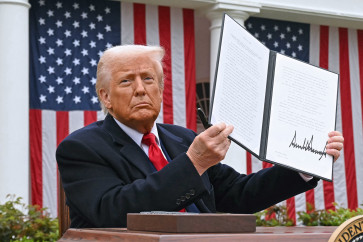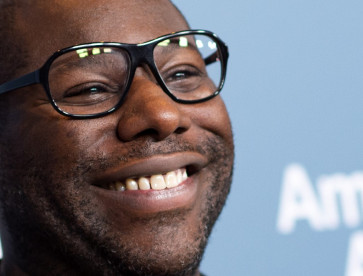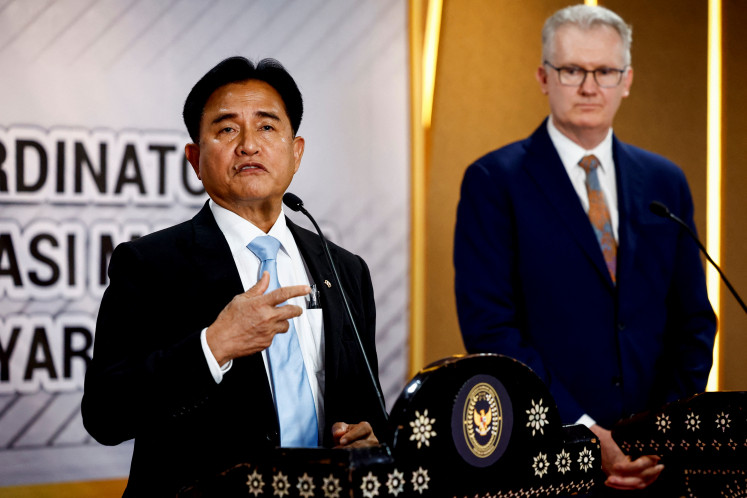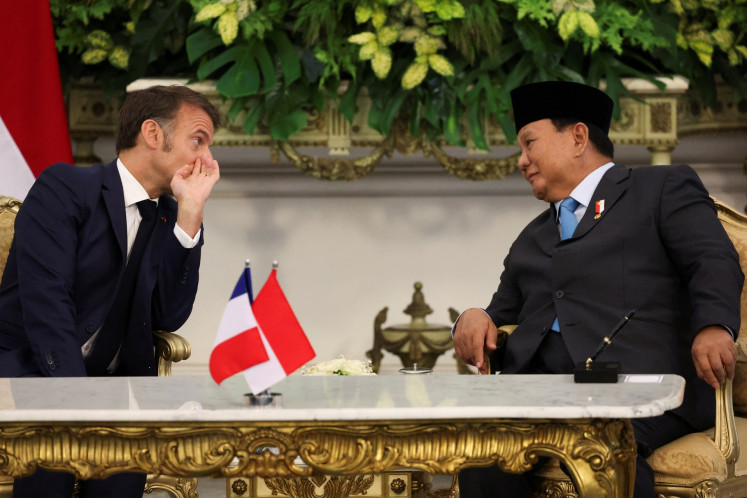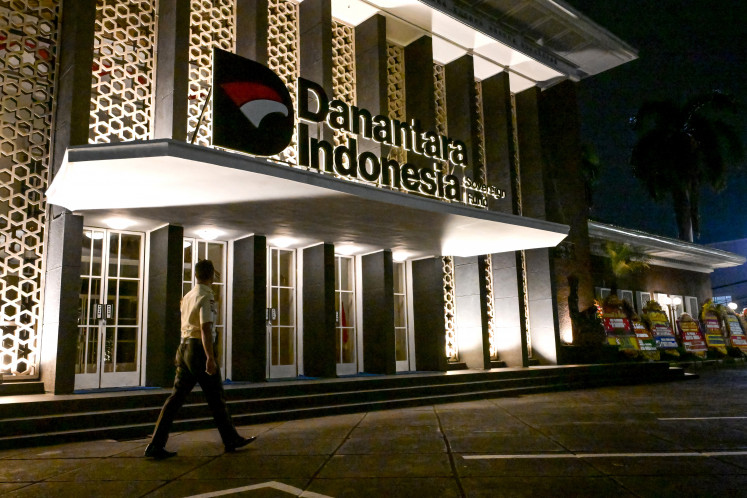Striving to ‘infect’ gaming world with Indonesian games
The world of Infectonator 3, a hit zombie simulation and strategy game by Indonesian developer Toge Productions, is afflicted by a viral epidemic, but so is Indonesia’s gaming industry
Change text size
Gift Premium Articles
to Anyone

T
he world of Infectonator 3, a hit zombie simulation and strategy game by Indonesian developer Toge Productions, is afflicted by a viral epidemic, but so is Indonesia’s gaming industry.
The local gaming scene has massive potential, filled with award-winning games to successful YouTube gamers and talent, along with the recent interest and support of government bodies. Infectonator 3, the recently released third installment in a long-running series created by Toge Productions founder Kris Antoni, is a prime example.
This infectiously fun game won the Grand Jury and Best Gameplay awards at last year’s Level Up KL, and judges made it the Official Selection for the Indie Megabooth in the Pax East Showcase 2018.
The success of the Infectonator series partly lies in its collaboration with California-based Armor Games.
“We started working with Armor on Infectonator 3 in mid-2016 and just started the publishing division in early 2017,” said Toge’s Mohammad Fahmi.
Fahmi also explained that publishing for an Indonesian company was “definitely harder”. Gaining exposure, gaming media and access to platform owners like Nintendo, PlayStation and others was also more difficult, as was attending global events — most of which are held in the United States.
“It’s true that Indonesia is the largest market in Southeast Asia, but a big chunk of players falls into the hands of foreign game companies,” he added.
Granted, gamers are one of the key elements in any country’s gaming industry, the local industry has a tendency to neglect its large pool of talent yearning to work for game development companies. Indonesia has no shortage of talent with more than enough capability to create amazing video game assets. Unfortunately, they have been infected with this mindset of ignoring local talent”.
A local artist who now makes assets for video game giant Ubisoft said: “I meet all the Indonesian artists outside [of Indonesia]. None of them want to go back. I mean, why would they?”
The Jakarta Post reported on May 11, 2017 that no more than 20 Indonesian game developers survived in the industry. Fahmi argued that Indonesia did not lack raw talent in creating notable games. ”What we lack is experienced talent that has the knowledge […] of working on more advanced projects than what local developers usually do,” he said.
Toges Publishing’s latest release, My Lovely Daughter, is combating the affliction that hampers local development by accepting its mistakes and learning from them. My Lovely Daughter, nicknamed “MDL” by its developer GameChanger Studio, won Best Visual Art at the same Level Up KL where Infectonator 3 made waves last year.
MDL received mixed responses, with some players saying that its mechanics were too repetitive. “The game becomes drawn out and feels very thin after the initial interest wears off,” commented one gamer called Rollout. Another gamer, ArchReaper95, said: “For all the time that was taken to hype this game, it simply feels like much more could have been done with it.” This comment could equally apply to Indonesia’s struggle to realize the potential it has in the industry.
MDL’s lead developer, Riris Marpaung, admitted, “We haven’t made enough mistakes to know what not to do.”
She explained that this cultural mindset was most detrimental to the industry. “Failure is shunned; Indonesian people are shy to admit mistakes, so it’s harder to learn from others.”
The local gaming industry needs more brains, or more collaboration, so to speak, between its developers; otherwise, it will never make it domestically — or internationally.
Now, with the government moving to assist the industry, perhaps it is time for developers, both aspiring and current, to take the next step. Government bodies like the Creative Economy Agency (BEKRAF) and the Communications and Information Ministry are getting ready to organize venture matchmaking events and provide financing for programmers to study overseas.
Arief Widhiyasa, secretary-general of the Indonesian Game Association (AGI), said that government support was more visible now, with more events related to gaming being held. “Not only for gamers, perhaps, but competitions for game developers, too,” said Arief, who is also the CEO of Agate Studio.
With the stage set and the government adopting a positive mindset, Toge Productions’ success story could serve as the metaphorical “patient zero” in Indonesia’s journey to going viral in the world of gaming.
“For now, the development of game developers in Indonesia still lags behind […] compared to China, Japan, the US and Europe,” said Arief. “But this doesn’t hamper the possibility of creative work, of Indonesians successfully competing with foreign creative work.”
________________________________________
Writing in-depth articles is part of a two-month training program for young journalists of The Jakarta Post. Ana Cecilia Regalado, Istu Septania, Norman Harsono, Riska Rakman, Rizky Fachriansyah Aziz and Susan Atika Maesara recently conducted interviews and research for the Reportage issue in today’s paper.


